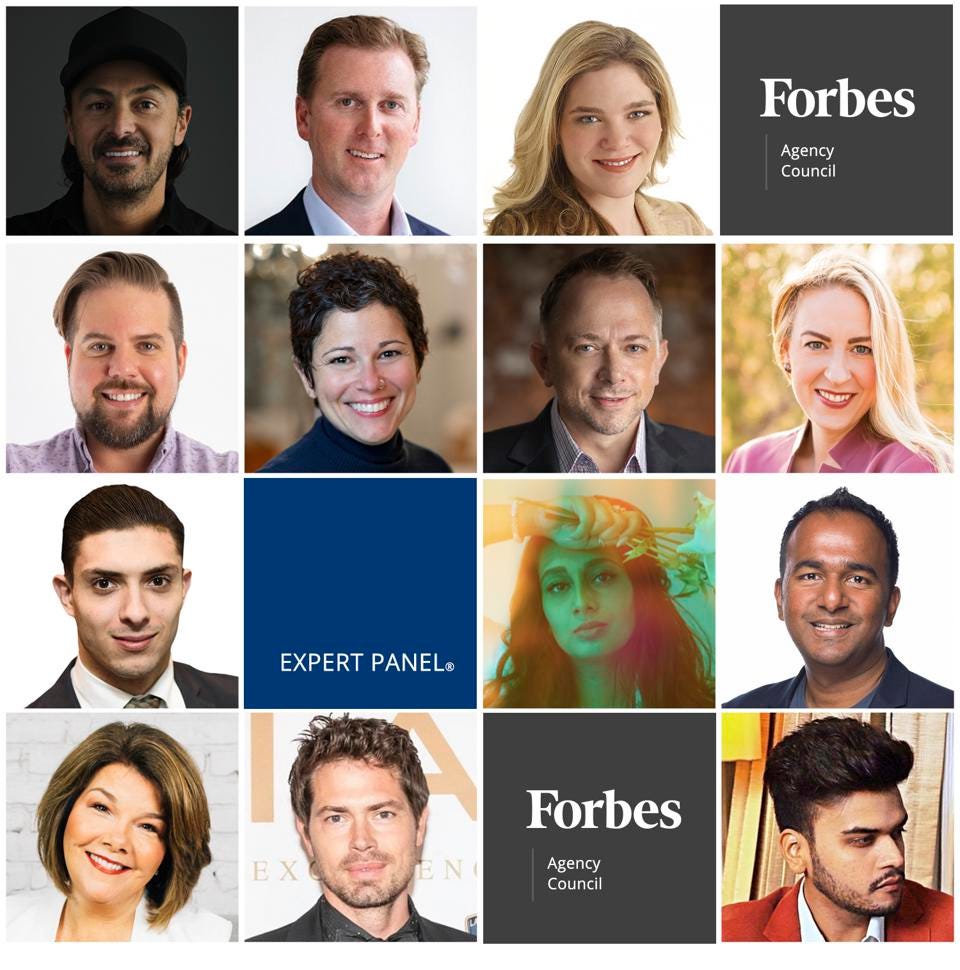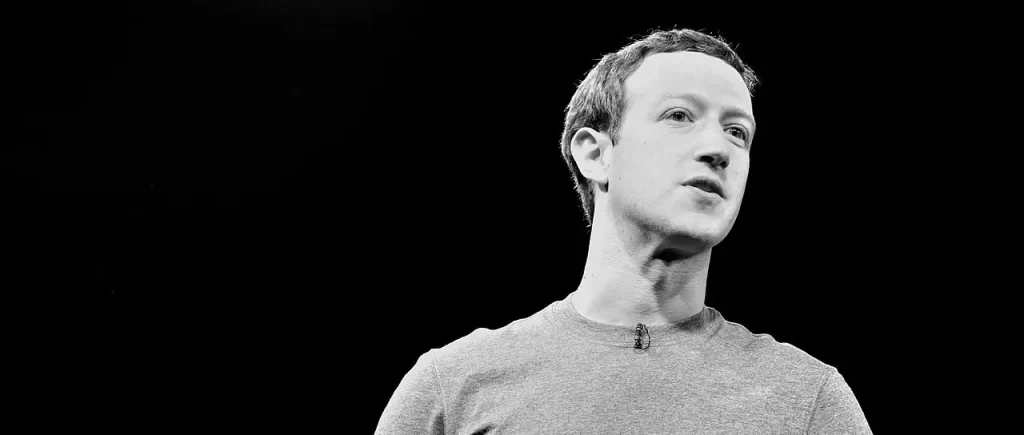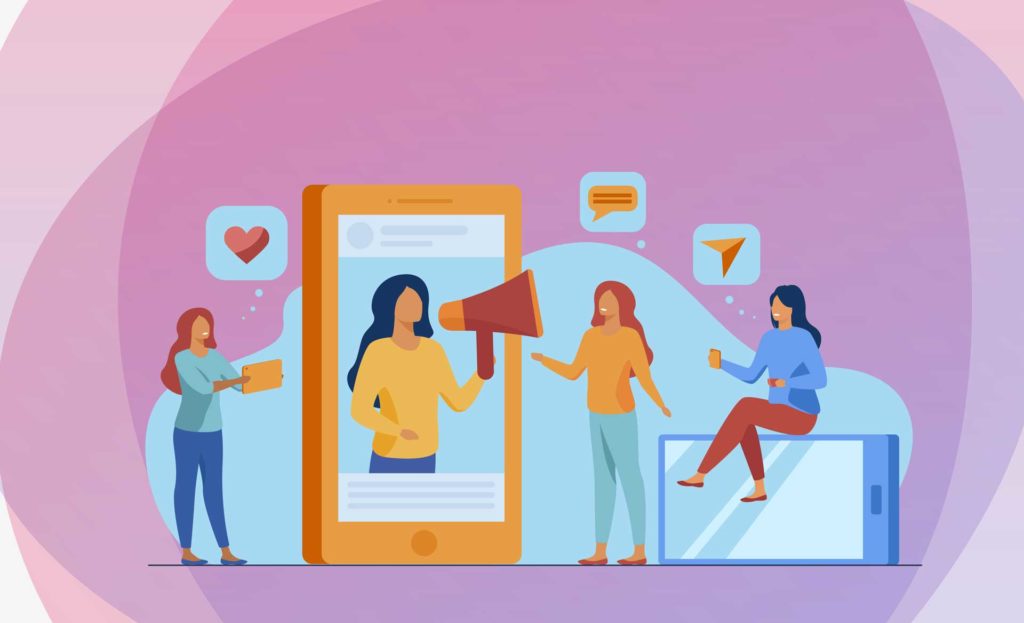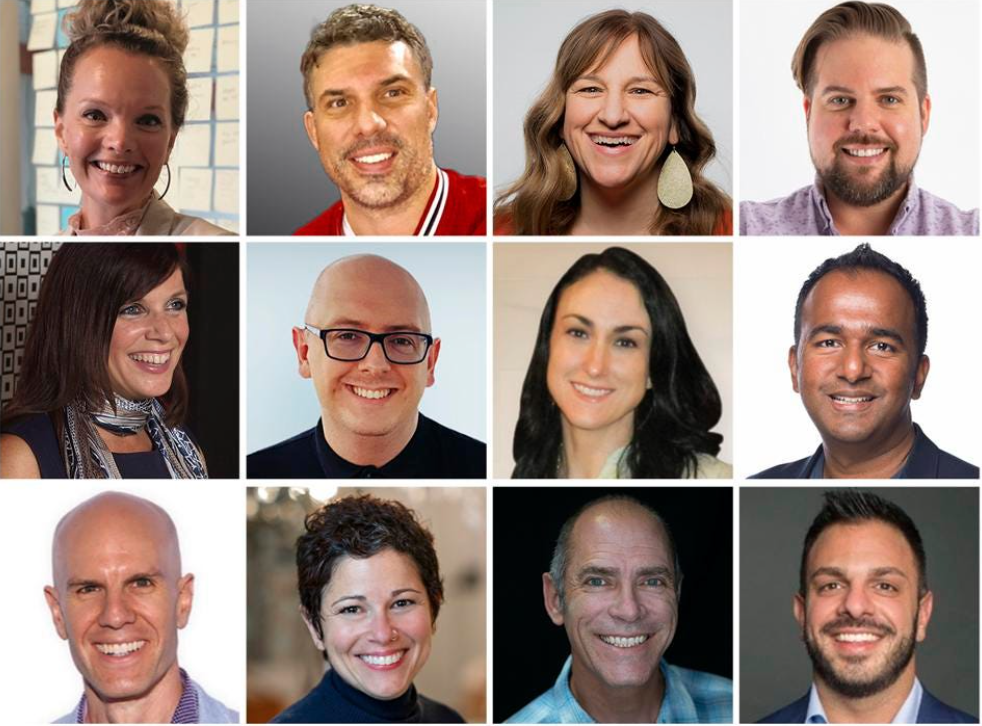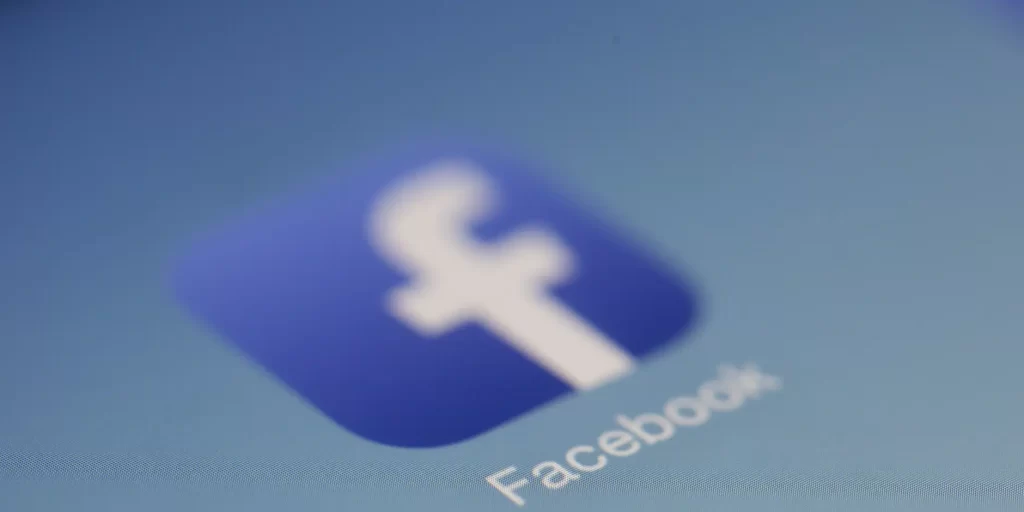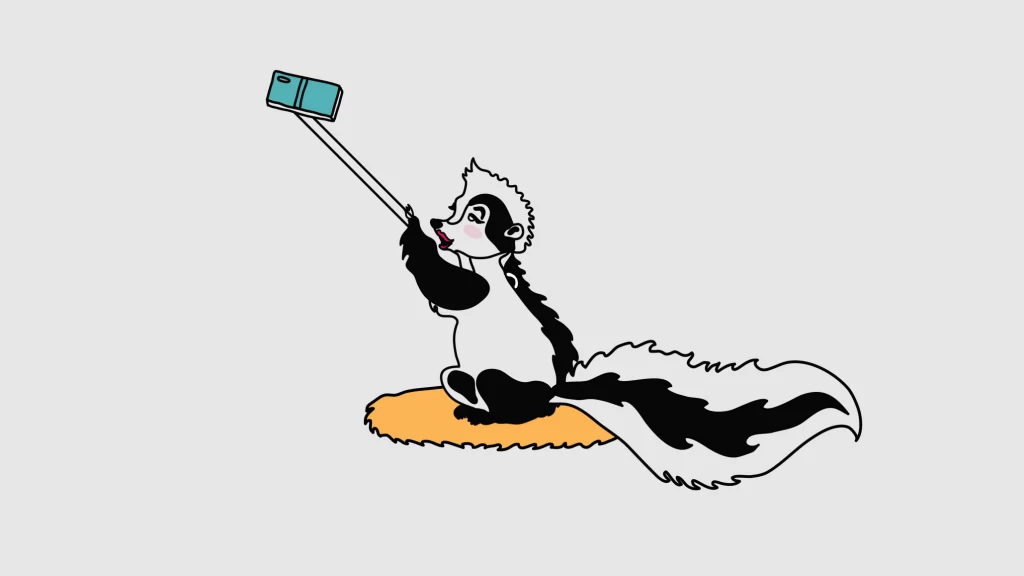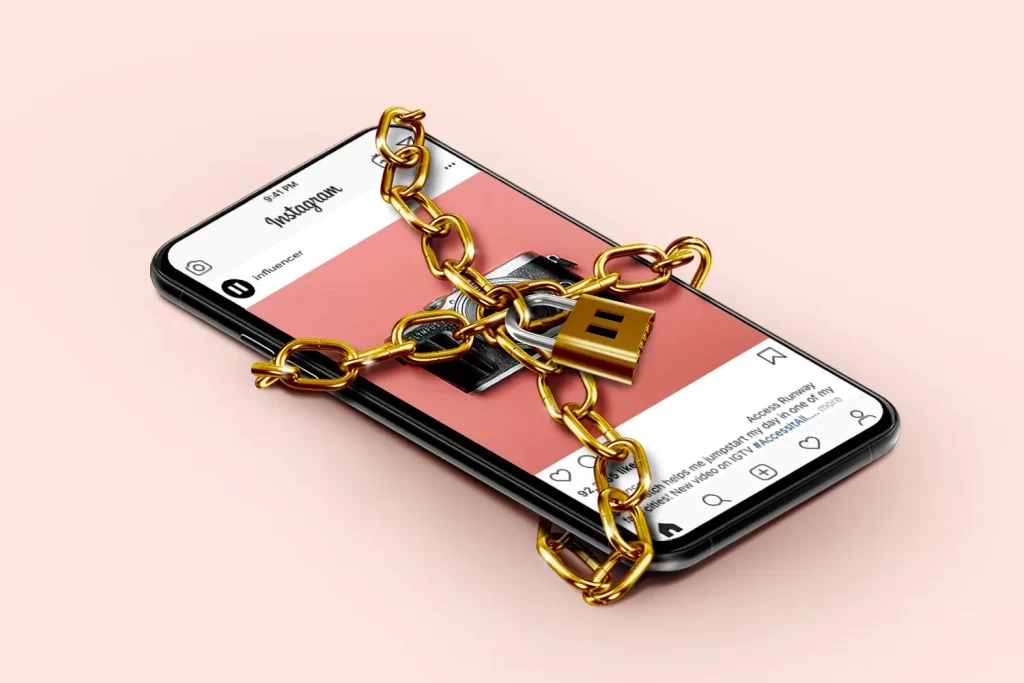Holiday Season 2020: Influencer Marketing Predictions And Tips
It’s not exactly an easy time to be in the business of looking ahead as a marketer, as the ever-changing Covid-19 situation continues to impact consumers and businesses. Challenging as it may be, however, this is when retailers need to start thinking about holiday plans — and preparing for what is likely to be an unusual shopping season.


